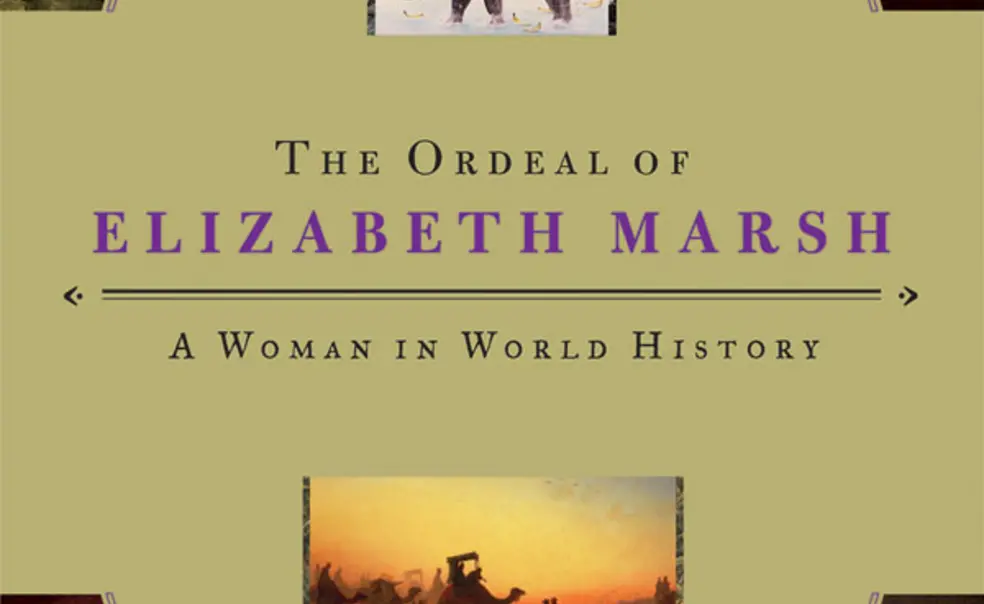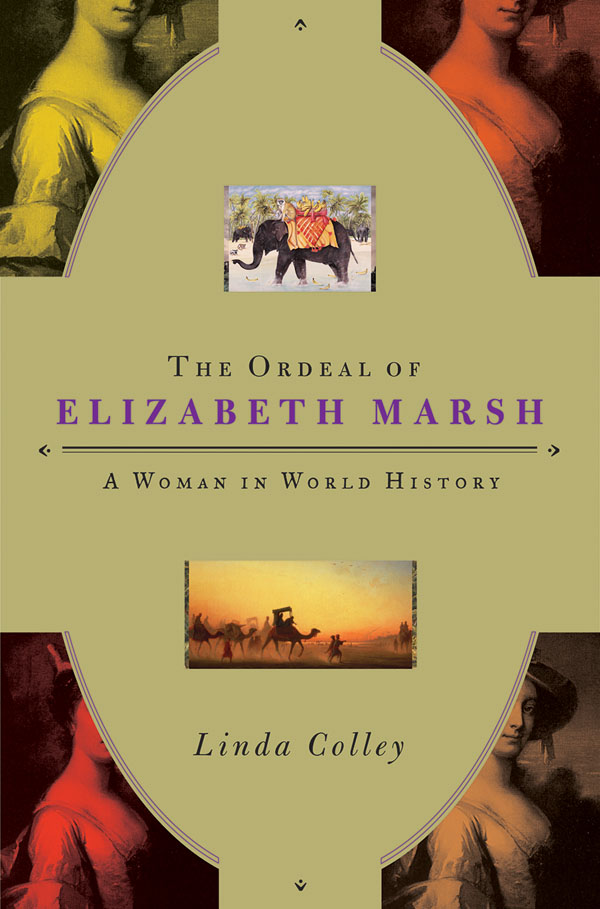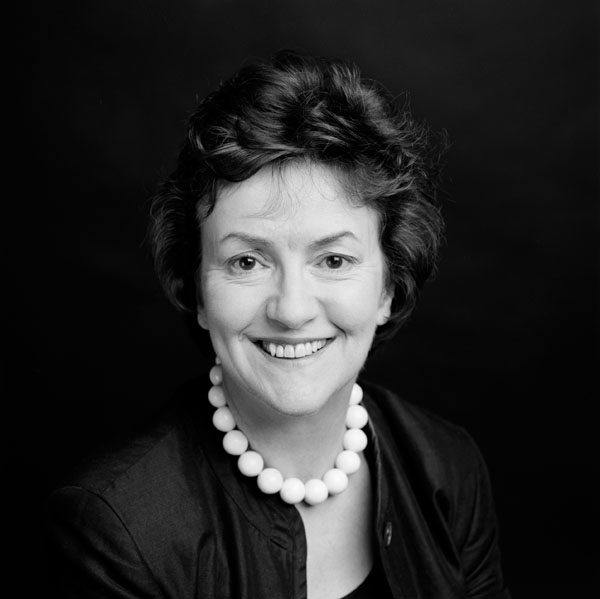The contact had been made in the modern way, via e-mail. Princeton history professor Linda Colley had found a genealogical Web site whose creator had offered to show her a cache of family documents about her latest research subject, an obscure 18th-century Englishwoman named Elizabeth Marsh.
But when her cab pulled up outside a small house deep in the English countryside, Colley suddenly was struck by Hitchcockian overtones. “Nobody knows I’m here,” she thought. “I don’t know this man.”
Fortunately, her host was no Norman Bates — just a family-history buff who had filled an entire floor of his house with centuries-old documents, some offering irreplaceable insights into the background of Marsh, an ancestor. Colley’s book, The Ordeal of Elizabeth Marsh: A Woman in World History, was published last summer by Pantheon; The New York Times named it one of the 10 best books of 2007.
Colley, who specializes in 18th-century British history, first discovered Elizabeth Marsh while researching a previous book, Captives, which tells the stories of Britons kidnapped overseas as their country built its worldwide empire from 1600 to 1850.
Marsh was one of them: In 1756, at the age of 20, she was fleeing a feared French attack on Gibraltar when her ship was commandeered by North African corsairs in the Mediterranean. Taken to Morocco, she crossed the desert on mule-back, met the acting sultan, declined to join his harem, and eventually was permitted to return home. The captivity narrative Marsh wrote years later became the first English book about Morocco written by a woman.
Colley, who retraced Marsh’s journey through the Moroccan desert, initially planned to turn this “rattling good story” into a quick little book. But as she delved deeper into Marsh’s restless, eventful life, Colley came to see it as something more emblematic — “a global story ... a world in a life and a life in a world,” as she would eventually write.
Marsh was conceived in Jamaica, where her British father worked as a shipwright, and was born in England in 1735. Over the next 49 years, Marsh lived in British outposts in the Mediterranean, married an up-and-coming merchant with commercial ties to Asia, Africa, and the Americas, and moved with him to India after bankruptcy forced him to start afresh as an employee of the colonialist East India Company. Later, though still married, she spent 19 months traveling around the Indian subcontinent with a man she described ambiguously as her “cousin.”
In the rapidly changing, increasingly interconnected world of the 18th century, Marsh’s unusually adventurous life was shaped by war, migration, slavery, global trade, naval power, and empire building. Marsh’s experience was atypical not because she was touched by key developments, notes Colley, but because she was touched by so many of them.
“It’s important to show the linkages between these great global shifts and the intimate structures of human lives and families,” Colley says. “Because, after all, this is something that we experience ourselves today — the impact of globalization can affect ordinary lives.”














No responses yet